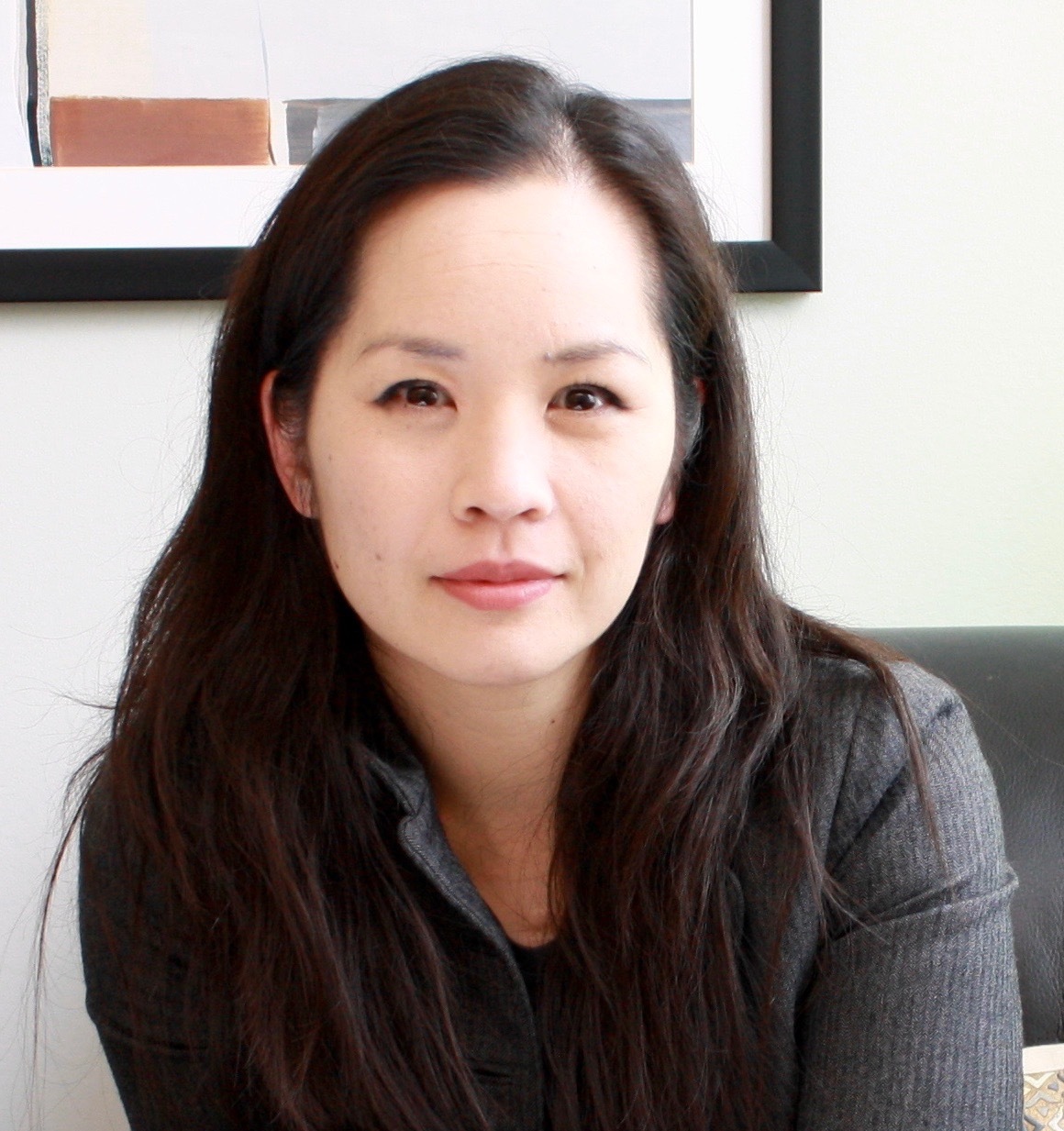
Live Webinar May 17 - Neurodiversity Matters: Increasing the Effectiveness and Inclusivity of CBT in Clinical Practice with Dr. Janie Hong
- Registration Closed

Friday, May 17, 2024
11:30 AM- 1:00 PM Eastern/ 10:30 AM – 12:00 PM Central/ 9:30 AM – 11:00 AM Mountain/ 8:30 AM – 10:00 AM Pacific
1.5 CE Credits Awarded
$15 Student ABCT Members / $25 ABCT Members / $35 Non-Members
All prices listed in US currency
Abstract:
There is a growing call for clinicians to shift away from formulating neurodevelopmental differences as signs of pathology or deficit, and to move toward seeing these differences as part of normal human variation, much in the same way as other diversity factors (e.g., race, sexual orientation). This webinar will highlight the clinical implications of working from a neurodiversity perspective, with emphasis on the benefits of approaching care from a frame of inclusivity. Using autism spectrum disorder (ASD) as an example, Dr. Hong will explain how neurodiversity-related differences can completely shift CBT formulations of maladaptive or unwanted behaviors and how not including neurodiversity factors into the formulation can lead to poor progress and, at times, harmful outcomes. She will then offer concrete ways to incorporate neurodiversity-related differences into the formulation while also ensuring an evidence-based approach to care. Dr. Hong will also touch on ways to adapt interventions to account for neurodiversity related differences and give patients language to explain their differences and needs to others. Throughout the presentation, Dr. Hong will use real-world clinical examples to inform concepts presented. The webinar aims to help clinicians feel empowered with ways to reframe difficulties that come with holding an (often invisible) minoritized identity and use existing evidence-based treatment strategies more effectively with neurodiverse individuals.
Presenter Biography:
Dr. Janie Hong (she/her) is a Clinical Associate Professor, Associate Training Director of the Adult Clinical Psychology Postdoctoral Fellowship program, and Director of the Anxiety and Depression Adult Psychological Treatment (ADAPT) Clinic at Stanford University School of Medicine. The ADAPT Clinic is the largest psychotherapy-focused clinic at Stanford and houses three large clinical programs, which include evidence-based care for mood and anxiety disorders, OCD and its related disorders, and neurodiverse individuals (ADHD program, ASD program). At Stanford, she leads clinical and trainee programming and oversees care within the ADAPT Clinic, supervises and teaches postdoctoral fellows and psychiatry residents, and provides individual patient care within the neurodiversity program. Dr. Hong’s research and clinical work has focused on expanding our templates of mental health to include diverse populations. At the start of her career, she focused on the ways a person’s ethnic and/or cultural background shapes beliefs and behaviors. Over time in her practice, she has found her work with culturally diverse individuals also applies to neurodiverse individuals and those with other diverse identities. She is deeply committed to helping diverse individuals articulate how they may differ from prevailing behavioral and emotional norms, teaching them skills to work within these norms and showing them ways to advocate for their differences.
Learning Objectives:
At the end of this workshop, the learner will be able to:
1. Identify how existing CBT formulations for a clinical problem may be limited for neurodiverse individuals.
2. Describe how incorporating diversity factors into a formulation improves clinical care for all individuals.
3. Describe ways to adapt to a case formulation to include neurodiversity factors and how including neurodiversity factors can change the treatment plan.
4. Identify ways treatment delivery can be adapted to accommodate neurodiversity related differences.
Recommended Readings:
1. Henderson, D., Wayland, S., White, J. (2023). Is this Autism? A guide for clinicians and everyone else. Routledge: New York.
2. Henderson, D., Wayland, S., White, J. (2023). Is this Autism? A companion guide for diagnosing. Routledge: New York.
3. Silberman, S. (2015). Neurotribes: The legacy of autism and how to think smarter about people who think differently. London: Allen & Unwin
****************************************
All attendees will receive a certificate of completion when the course requirements are satisfied. Certificate of completion is included in the cost of the webinar
The Association for Behavioral and Cognitive Therapies incurs significant administrative cost related to your registration before a webinar. Therefore, there are no refunds for live webinars. If you unable to attend a webinar, we will provide you with the recorded version after the live presentation (which is still eligible for CE credit). If you wish to cancel or request to transfer your webinar registration to another webinar please email your request to membership@abct.org.
ABCT is approved by the American Psychological Association to sponsor continuing education for psychologists. ABCT maintains responsibility for this program and its content
The Association for Behavioral and Cognitive Therapies has been approved by NBCC as an Approved Continuing Education Provider, ACEP No. 5797. Programs that do not qualify for NBCC credit are clearly identified. The Association for Behavioral and Cognitive Therapies is solely responsible for all aspects of the programs
The Association for Behavioral and Cognitive Therapies is recognized by the California Board of Behavioral Sciences for Marriage and Family Therapist (MFT) to offer continuing education as Provider #4600
Association for Behavioral and Cognitive Therapies (ABCT), is recognized by the New York State Education Department’s State Board for Psychology as an approved provider of continuing education for licensed psychologists #PSY-0124

